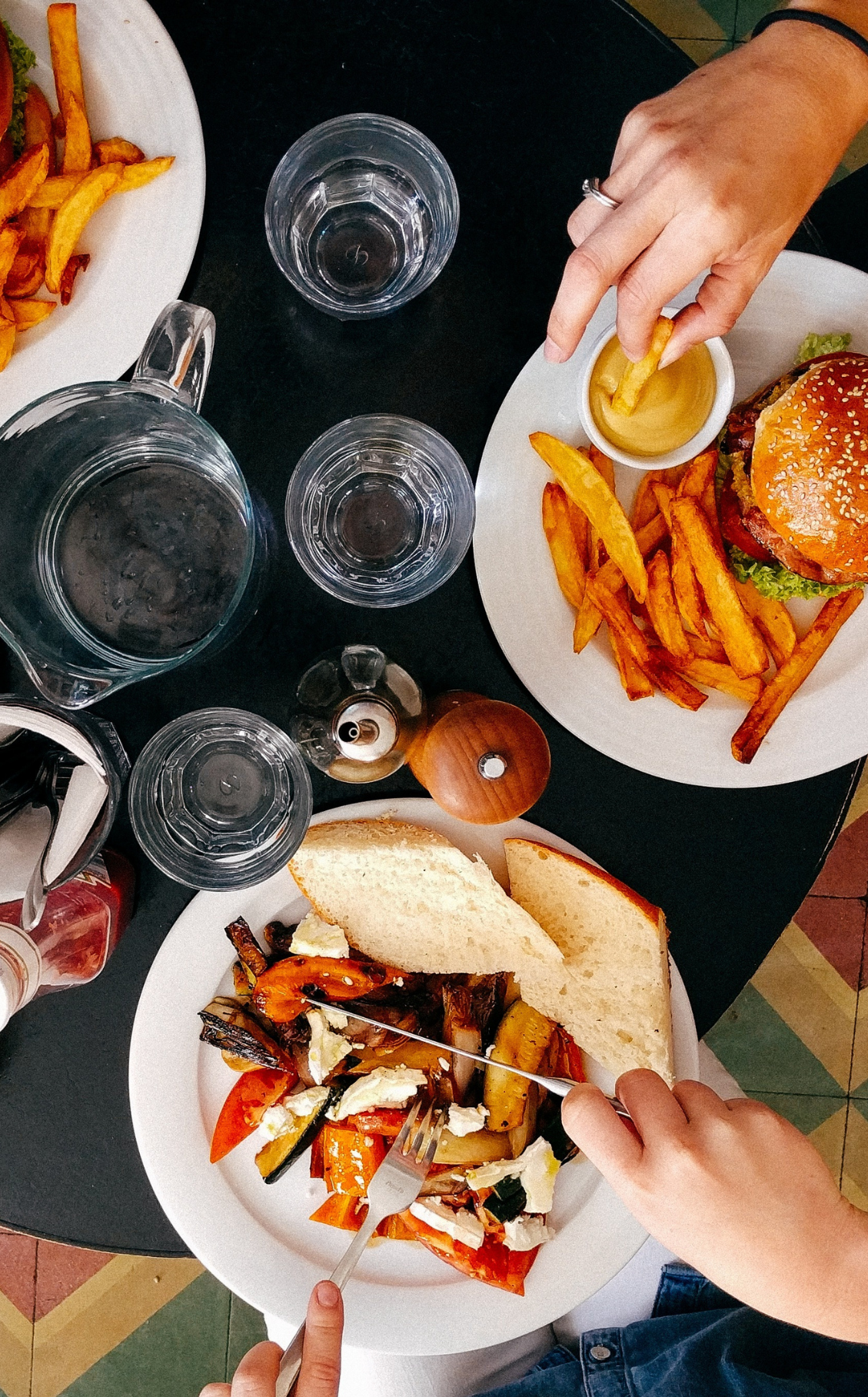A Guide to Restaurant Health & Safety


Health & safety is important regardless of what kind of business you run, but for the restaurant industry, it has never been more crucial.
That’s why we’ve put together this guide to list all of the responsibilities you have as a restaurant owner. From basic requirements to current COVID-19 guidelines, we’ll walk you through every step of the way.
As a business owner, you should regularly carry out health and safety risk assessments. Take the time to look at your business and identify any potential hazards that may affect staff or members of the public. Your risk assessment should tell you whether you’re doing enough to mitigate these risks.
Any business in the food & catering industry should adhere to a rigorous risk assessment process as there are countless hazards in this type of workplace. Some are obvious, such as the risks posed by cooking equipment, but others are less so. Be sure to scrutinise every potential hazard, you really can’t be too careful.
You can find guidance and templates for carrying out your risk assessments via the Health and Safety Executive (HSE).
Alternatively, you could look to hire a health & safety specialist to carry out your risk assessment for you. If you don’t feel confident in completing your own risk assessment this can be a handy way to ensure you don’t miss anything.
In reality, a lot of kitchen health and safety rules are fairly common sense. Chances are that, if you’re operating responsibly, you’re already running a safe restaurant. However, this doesn’t exempt you from developing a comprehensive health & safety policy. You’ll also need to produce this policy for an inspector when your local council decides to visit.
Below, we’ve outlined the current responsibilities for food & catering businesses according to gov.uk:

Research published by gov.uk suggests that it’s very unlikely that someone can catch coronavirus from food. However, it’s still important to follow all of the health and safety practices to limit your business’ exposure to coronavirus as much as possible.
Here’s a list of general guidance specific to food & catering businesses:
For more guidance on COVID-19 and the food & catering industry, you should visit: gov.uk.
There you have it, our all-encompassing guide to health & safety for restaurant owners.
A lot of this may seem like common sense, however, it's important to ensure you keep up to date with regulations and expectations to ensure the safety of your business, your staff and your customers.
Do you own a food & catering business? Do you know how much it’s worth? Find out instantly for free with our online Valuation Tool below!
Get quick and easy insight into the real value of your business, without any obligations.
At Intelligent, all of our experts use a specific formula that will give you a free and highly accurate baseline valuation so that you've got a figure to work with that most realistically resembles the value of your business.